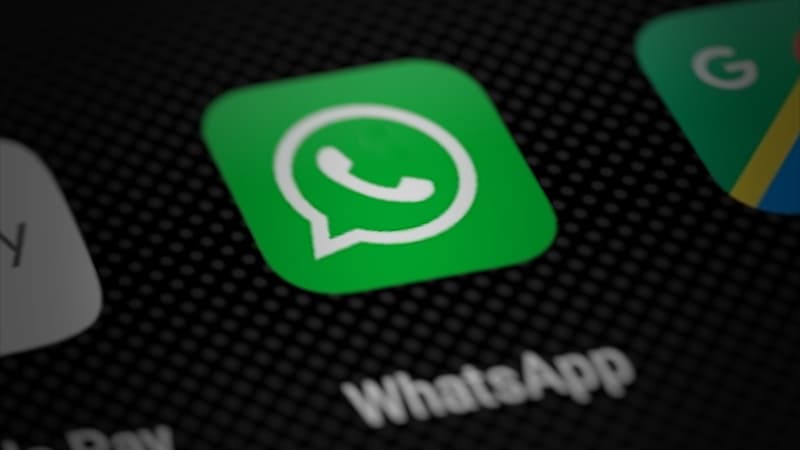WhatsApp will have “channels” that will allow organizations to communicate publicly with a large number of subscribers, a significant advance for the messaging company known until now for protecting the confidentiality of its users’ conversations.
“We are pleased to introduce WhatsApp Channels, an easy, reliable and private way to receive important news from people and organizations on our platform,” subsidiary Meta said in a statement released on June 8.
This new feature will first be tested in Singapore and Colombia, before rolling out to other countries. Users will be able to find the channels that interest them in a separate tab, called “News”, separate from discussions with their contacts and groups.
Channel admins will not be able to add subscribers. They will communicate “one way”, by sending messages, photos, videos, stickers and surveys.
Meta said the International Rescue Committee (IRC), the World Health Organization (WHO) and soccer teams FC Barcelona and Manchester United will be among the partner organizations.
This new service should allow the Californian group to relaunch the ultra-popular messaging system in certain regions of the world (especially in Africa and Latin America) but much less in the United States, in particular.
The social media giant has had a rough year in 2022, notably with the first known drop in ad revenue since going public in 2012. The channels will allow it to offer brands a new way to communicate with consumers.
The point of privacy
On the security and privacy side, subscribers won’t see the phone numbers of other people in the audience, and their channel choices will be private. Published content will disappear after 30 days.
“WhatsApp Channels will aim to become the most secure public messaging feature available and continue to provide the level of privacy that users of the app have come to expect,” the company said.
But “because the channels aim to reach a large audience,” they won’t be encrypted by default like private conversations are, he added.
However, Meta plans to offer end-to-end chain encryption in certain cases, for non-profit or health associations, for example.
This type of encryption ensures that messages can only be read by the sender and the recipient, to the chagrin of authorities in many countries. WhatsApp, acquired by Facebook in 2014, has built its reputation on this operation, as have Signal and Telegram, rival messengers.
Source: BFM TV


